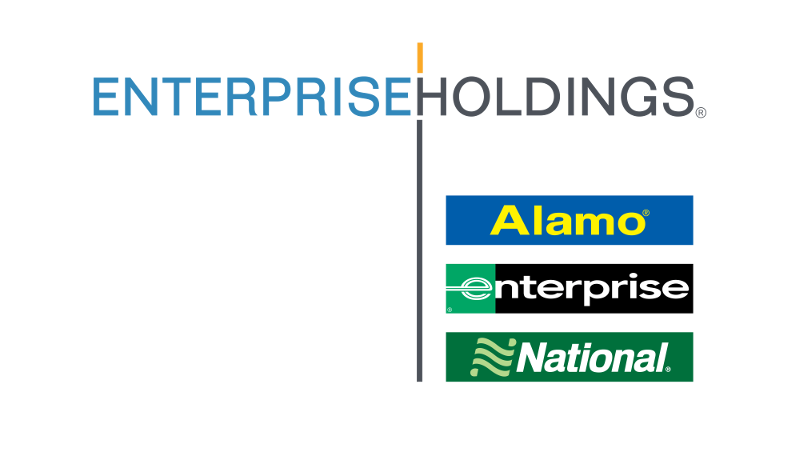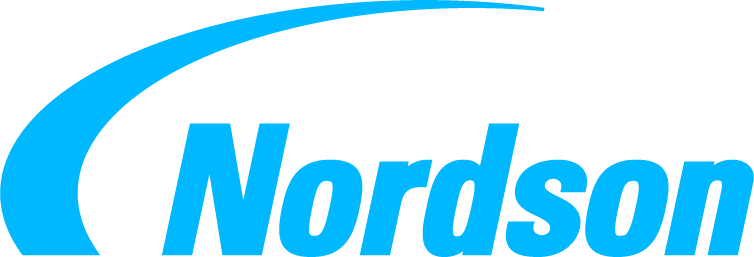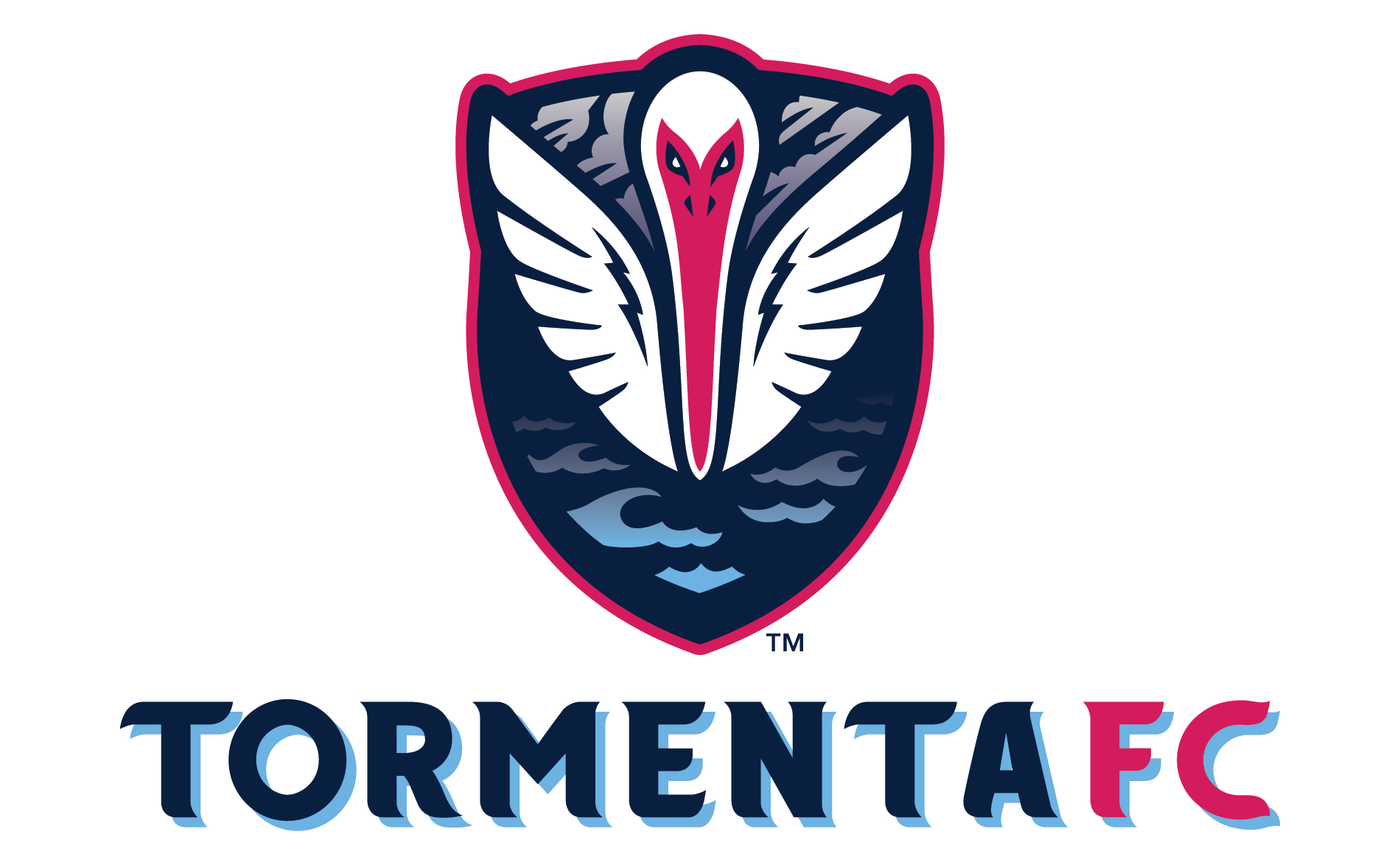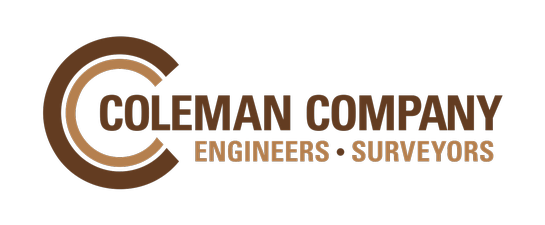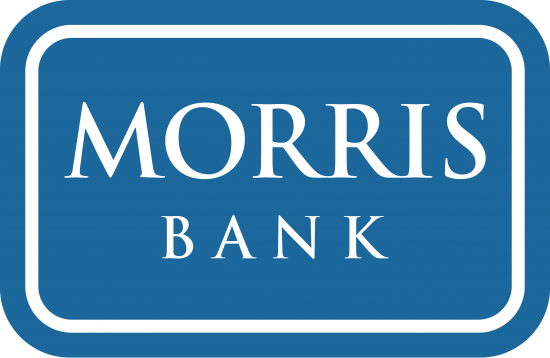Interviewing
The interview is one of the most important steps in a successful job search process. Preparation is key to acing the interview.
Sample Interview Questions
Employers may ask you these or other questions. Choose some sample interview questions to practice. The list also contains questions you may ask employers.
Illegal Interview Questions
It is illegal for interviewers to consider an applicant’s race, color, religion, sex, age, or national origin when making employment decisions. If asked, it is perfectly acceptable to decline to answer any of these questions.
- Are you a U.S. citizen? (It is acceptable for an interviewer to ask if you are authorized to work in the U.S.)
- Where were you born? What is your native language?
- How old are you? (It is acceptable for an interviewer to ask if you are over the age of 18.)
- What is your marital status? How many children do you have?
- Do you have any disabilities? (It is acceptable to ask if an applicant is able to perform the essential functions of the job.)
Before the Interview
Research the company, organization, or agency.
- Learn about the history, mission, organizational structure, philosophy, and position descriptions within the organization.
- Use the company website, ReferenceUSA, Google, or Hoovers.com.
Prepare to market your skills and experiences.
- Read the job posting to determine how your skills and abilities match and review sample interview questions from the Office of Career and Professional Development and through internet research.
- Study possible interview questions and think about how you would answer. Try not to sound rehearsed; be comfortable.
Practice your communication skills
- Communication is 30% verbal and 70% non-verbal.
- Schedule a Mock Interview with an Office of Career and Professional Development staff member.
Plan to arrive for your interview 10-15 minutes prior to the appointed time
- Arriving too early can create an awkward situation. By the same token, arriving late creates a bad first impression.
- Make sure you know where to park and the location of the interview prior to the interview.
During the Interview
Arrive 15 minutes early
- Turn off your cell phone and any other electronic devices that may interrupt the interview.
Carry a portfolio notepad or a folder with extra resumes.
- Bring a list of questions you need answered, a pen and paper.
- Refer to your list of questions to be sure you have gathered the information you need to make a decision.
- Do not be preoccupied with taking notes during the interview.
Make sure you know how to properly pronounce the interviewer’s name.
Dress professionally and conservatively.
- Dress for the position one step above the one for which you are interviewing.
- Recommended attire for men and women is a dark suit. If you want to add color, do so with a tie or scarf.
Make a positive first impression.
- Offer a firm handshake.
- Greet the employer by name.
- Be relaxed and enthusiastic.
- Do not smoke or chew gum.
- Maintain eye contact.
Be familiar with the typical structure of an interview.
- Rapport = small talk
- Opener = First serious question of the interviewer – “Tell me about yourself”
- Exploration of facts = questions about your experience, education, and goals
- Conclusion = summary of the interview and your opportunity to ask questions
In many career fields, the lunch or dinner included during the interview day is not employer hospitality, but a significant part of the interview process. Brush up on your etiquette and carry your share of the conversation during the meal. Social skills are often a factor in the hiring decision.
After the Interview
After the interview, make notes from your conversation with the interviewer.
- Take time to write down the names and titles of your interviewers. Check the spelling of names, note your impressions or remaining questions and information learned. This will help you keep employers and circumstances clearly defined.
Always Follow up the interview with a thank you letter within 24 hours!
- Employers regard this as evidence of your attention to detail, and as an indication of your final interest in the position.
Last updated: 12/18/2012



